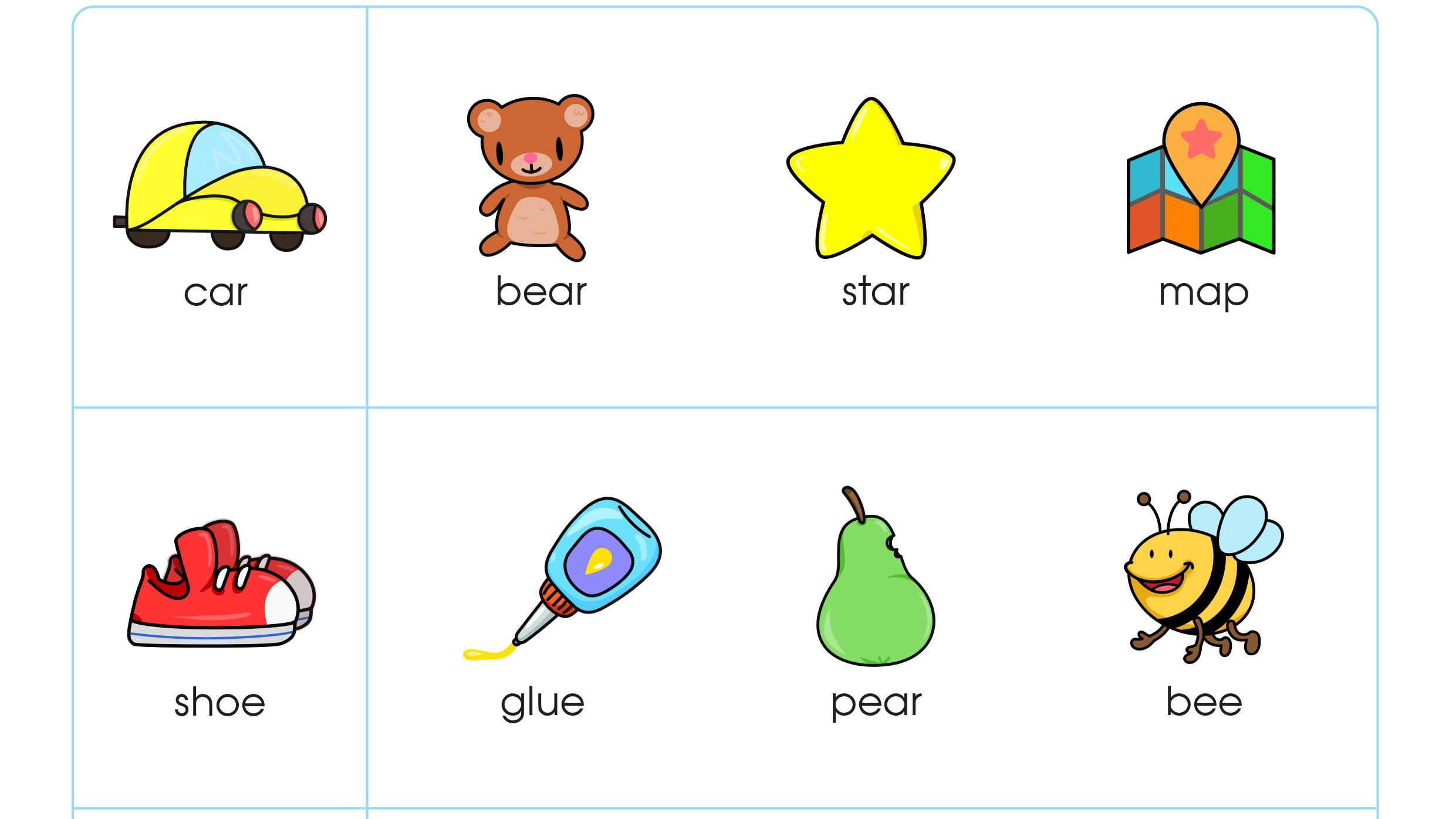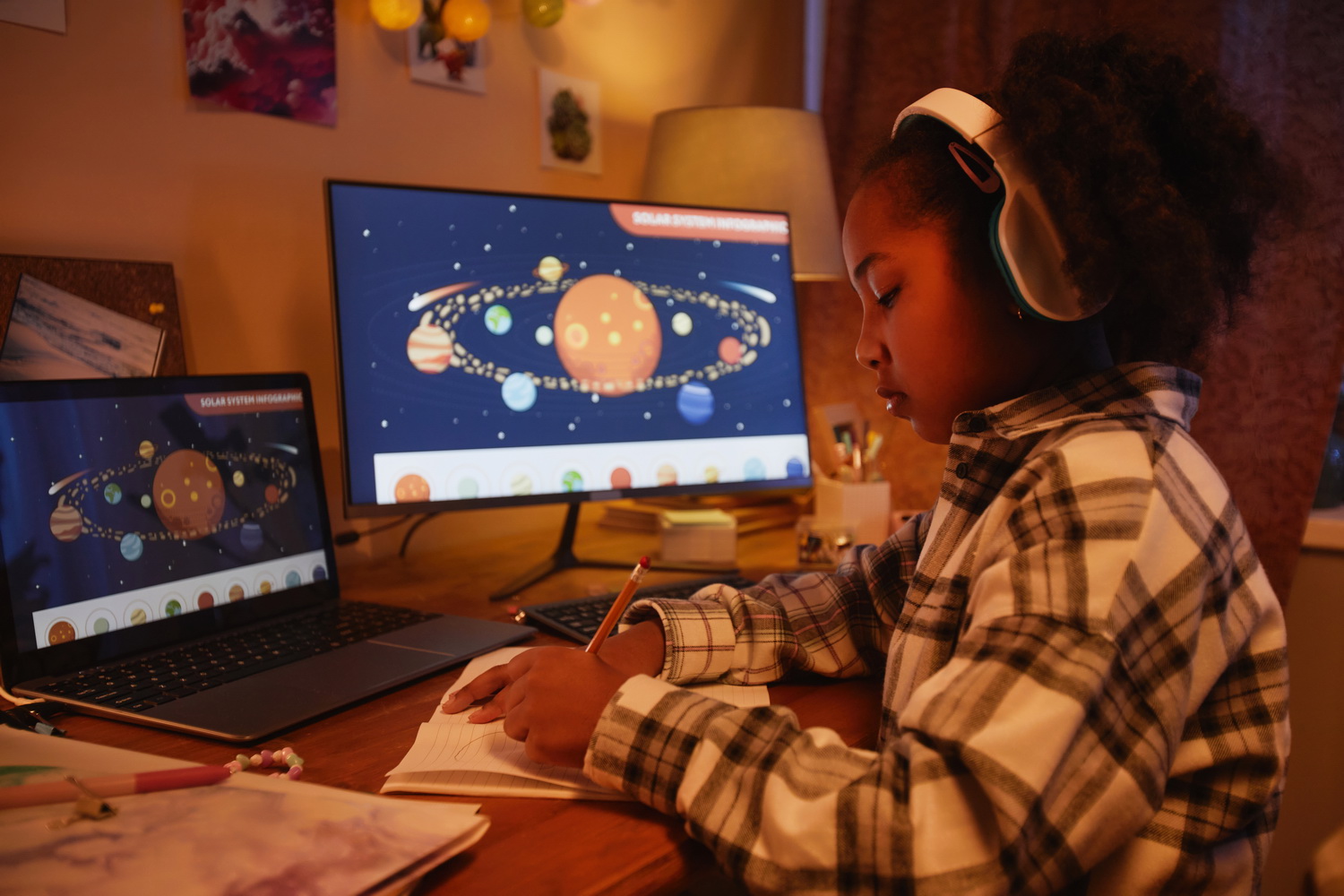How to Cradle Early Literacy: A Guide for Parents
Nov. 21, 2016

If you remember back to your own kindergarten experience, you might remember learning the alphabet, how to read, and how to write in school. Just 25-30 years ago, what was taught in school were skills we now expect kids to learn before they even step foot in school on their very first day. With a push for college readiness and standardized learning, the effects trickle right on down to the primary grades.
Schools now teach things much sooner and faster than in the past. This is just one reason why an emphasis in early literacy learning is important.
WHY IS EARLY LITERACY SO CRITICAL?
The studies are clear. Experts find that children whose parents who read, talk to them, tell stories, and help teach them literacy skills:
- Are more likely to be successful in school. Kids who lag behind in literacy fall behind in school during the elementary years.
- Will develop a more expansive and sophisticated vocabulary. Children who have been consistently read to tend to learn more advanced words, at a faster rate. What’s more, is that kids who have a larger vocabulary as a preschooler are more likely to have a higher reading level later on in elementary school.
- Are more likely to complete high school with a diploma. When kids get behind in school, they often find themselves in a downward spiral where they face a difficult battle of trying to constantly catch up. For many kids, this could unfortunately mean that they become frustrated. By the time they reach high school, it’s possible that they’re so far behind that they never really catch up. This translates into high school drop outs.
It can be overwhelming to realize the ripple effect that early education has on future lifelong success. When a child falls behind, it’s like climbing a mountain just to get caught up in order to pass. Early literacy is so important because children will feel confident in their abilities to learn in school, while learning more advanced concepts as they go along.
Embark on the enchanting pathway to literacy learning with our collection of fairy tales for preschoolers and kindergarteners!
HOW TO SUPPORT CHILD'S LITERACY?
Supporting your child’s literacy doesn’t have to be stressful or take too much time from your busy schedule! There are many ways to help your toddler or preschooler to build a solid foundation of literacy skills. There’s many options for even the youngest of kids!
Infants/Toddlers
- Read to your child often. Create a bedtime routine that involves a different story each night. Look for simple board books with plenty of pictures.
- Tell stories. Tell stories from when you were a kid, or tell them nursery rhymes or simple fairy tales.
- Talk to them and name and explain everything they see. Walk them around the house, pointing out the names of all the objects they see. Point out everything in your child’s surroundings so they will pick up more language, faster.
Preschoolers
- Continue to read to your child often. Choose more advanced books with complete stories.
- Offer learning games. With an entire app store full of high-quality learning games, pick games that will help little learners recognize letters, shapes, colors, and later on—trace letters.
- Practice identifying and then writing letters. Print out free kindergarten letter worksheets that will help them to learn to identify and write letters. Handwriting is important, and giving them a tangible worksheet to help them write without the use of a mobile device is still so important in their developing writing skills.
- Show them only high-quality TV programming. Stay away from TV shows that don’t make it a priority to teach educational concepts to children. There are many quality shows, like Super Why! or Sesame Street, that focus on literacy skills that are well-loved by children everywhere.
- Practice recognizing sight words. Use flash cards or free printable worksheets to help your little readers learn to recognize common words. Point out brand names with symbols that can also teach your children to recognize sight words.
Thankfully, there are a vast array of options for promoting and teaching your child early literacy skills. It’s clear that early literacy certainly matters, maybe more so now than ever before. Following the above steps means setting your child up for lifelong success. Align the stories, learning games, and practice with your child’s main interests, and watch your child blossom into an early reader and writer.











